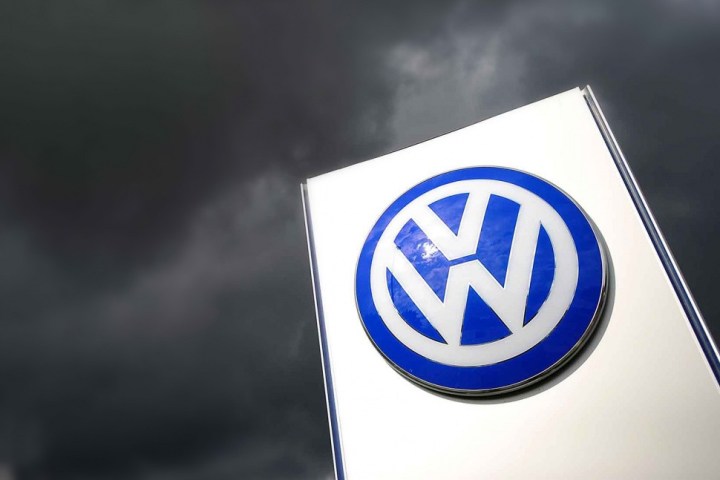
Volkswagen has announced that its 2.0-liter diesel settlement program has been preliminarily approved by a United States District Court judge. The engine — found on 2013-2015 VW Beetles, 2010-2015 VW Golfs, 2009-2015 VW Jettas, 2012-2015 VW Passats, and 2010-2013 and 2015 Audi A3s — was fitted with an illegal “defeat device” used to fool emissions tests, and VW has been scrambling to find a solution ever since.
Under the proposed settlement, eligible customers can either sell their car back, end their lease without an early termination penalty, or receive a free emissions modification to bring their vehicle back into compliance. No matter which option they choose, drivers will also receive a cash payment, however, it’s important to note that the settlement is still awaiting approval from the Environmental Protection Agency and the California Air Resources Board (CARB).
For additional information or to check vehicle eligibility, head to Volkswagen’s dedicated court settlement website.
The news isn’t so great for the brand’s 3.0-liter V6 diesel engine. The automaker recently proposed a separate solution for the six-cylinder power plants, which involved fixing the vehicles instead of buying them back. CARB rejected the offer, though, stating: “VW’s and Audi’s submissions are incomplete, substantially deficient, and fall far short of meeting the legal requirements to return those vehicles to the claimed certified configuration.” VW says it is working to secure a technical resolution for the diesel V6 as quickly as possible.
For more on VW’s emissions troubles and the future of diesels in the U.S., click here.


